The Life, Plays and Wisdom of George Bernard Shaw
Many people have a notable quote that has motivated, or inspired them in life. In this letter, we will visit the work of Irish playwright and social commentator George Bernard Shaw, who created countless memorable quotes to live by.
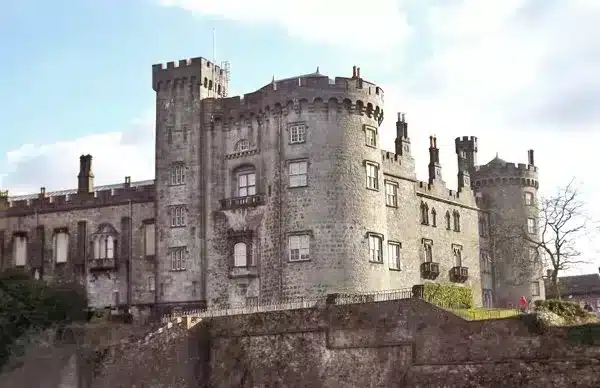
In a recent letter from Ireland, we chatted about our recent visit to the city of Armagh – but also about the marching bands of the Orange order who spring into action this time of year. That prompted many shared stories in reply – lots of memories and opinions! Well, today we will hang on to a thread of continuity from the letter – the colour Orange!
You see, following William III of England’s (also known as William of Orange) successful campaign in Ireland in the late 1600s, he awarded lands across the country to a number of his officers. This was an effective way to pay men for service back in those days. Some of these officers stayed and settled in the country, others passed the land grant on to others.
One of the people who stayed was Captain William Shaw. He arrived from Hampshire in England as part of William’s forces – and was granted land in the south part of County Kilkenny. Like many settlers in Ireland, William was concerned with the tendency of the native Irish to rebel from time to time. Being a military man of some experience and standing, he wrote and delivered: “Proposals for subduing those in rebellion in Ireland”. In it, he observed one aspect of the native Irish character:
“The Irish have, from time to time, been in rebellion ever since the conquest of that kingdom, and though they are flattering people yet they can never be won by kindness, as sad experience has shown”.
Well, despite the threats of rebellion, Shaw’s family thrived in County Kilkenny and beyond over the coming generations – they were very much beneficiaries of the “Protestant Ascendency” in Ireland. Many surnames, such as Shaw, came into pockets of Ireland in this manner – maybe one of your surnames is among them?
In the City of Dublin Many Generations Later.
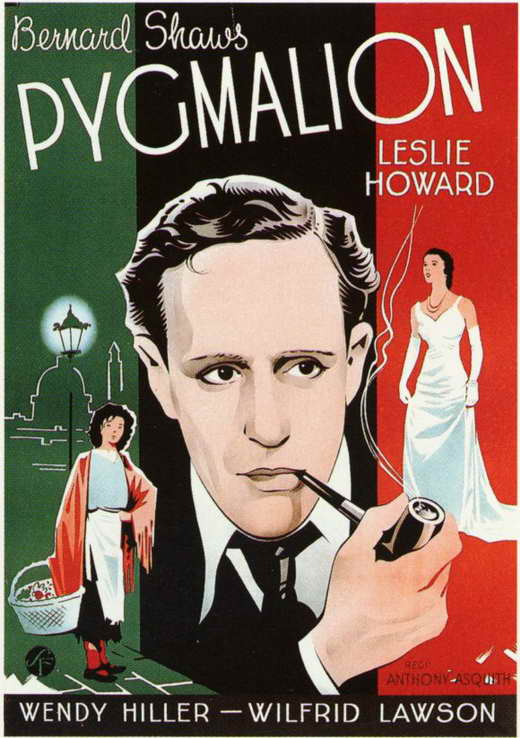
About 150 years later, one descendant of William Shaw was born in the Portobello area of Dublin. He was christened George Bernard Shaw by his parents, George and Bessie. The extended Shaw family were quite successful as professionals and merchants. However, George senior was one of the less successful members of that family.
As you may know, George Bernard Shaw went on to become one of the most famous playwrights and social commentators in the world. Many of his words have worked their way into everyday quotations. Let’s have some fun from here on in, and sprinkle the rest of the letter with just some of these quotes!
“You see things; and you say, ‘Why?’ But I dream things that never were; and I say, ‘Why not?'”
By all accounts, young Shaw hated school – and left as early as possible, forgoing a college education. By the time he was 20, he was on the boat to London – never to return to live in Ireland.
“A life spent making mistakes is not only more honorable, but more useful than a life spent doing nothing.”
Shaw struggled to make it as a writer in England – realising the gaps in his knowledge he set down a path of self-education. Perhaps this was the source of his unconventional view of society and the place of the individual. After ten years, his hard work had paid off – and he had become established as a respected theatre critic. By this time, he was also writing his own plays, but had to wait until 1894 for his first success – “Arms and the Man”.
“There are two tragedies in life. One is not to get your heart’s desire. The other is to get it.”
Shaw used these plays to transmit his social and political opinions and ideas to the public – and he had no shortage, either of the ideas or the articulation with which to express them.
These plays included: “Man and Superman”, “Pygmalion” (later made into the film “My Fair Lady”. Shaw wrote the screenplay for the movie, and received an academy award for same), and “Saint Joan”. He also went on to win the Nobel prize for literature in 1925.
“Progress is impossible without change, and those who cannot change their minds cannot change anything.”
George Bernard Shaw and Roger Casement.
“Life isn’t about finding yourself. Life is about creating yourself.”
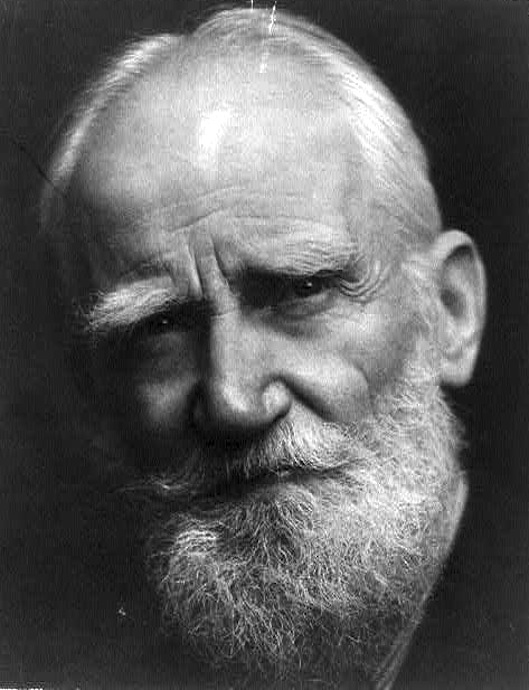
By the summer of 1916, there was still one leader of the 1916 Rising imprisoned in London – and he expected to be executed following a trial for treason. This mans name was Roger Casement – and just earlier this week we had the centenary of his execution.
One of the supporters of Roger Casement’s cause was the world’s greatest living playwright – George Bernard Shaw himself. Shaw had taken it upon himself to compose a fully scripted defense for Casement, with the intention that Casement would deliver these words from the dock.
In the speech, the argument is dramatic and the words are captivating. Just this small excerpt illustrates the argument that Shaw had in mind for Casement:
“Now as a simple matter of fact, I am neither an Englishman nor a traitor: I am an Irishman, captured in a fair attempt to achieve the independence of my country; and you can no more deprive me of the honours of that position, or destroy the effects of my effort, than the abominable cruelties inflicted six hundred years ago on William Wallace in this city when he met a precisely similar indictment with a precisely similar reply, have prevented that brave and honourable Scot from becoming the national hero of his country.”
Would these words and this argument have saved Casement from execution? We will never know. Casement decided to go with his own, more conventional, defence. He was found guilty of treason, and executed on August 3rd, 1916.
“Independence? That’s middle class blasphemy. We are all dependent on one another, every soul of us on earth.”
“All great truths begin as blasphemies.”
Shaw himself remained a British citizen for the rest of his own life, but took up dual citizenship with the Irish Free State in 1934.
I wonder what Shaw’s ancestor, William Shaw of Kilkenny, would have made of his defence for an Irish rebel?
What do you think?
“The worst sin toward our fellow creatures is not to hate them, but to be indifferent to them: that’s the essence of inhumanity.”
George Bernard Shaw – 1856-1950.
That’s it for this week. Do feel free to leave comment below to share your Irish surnames and any stories you might have from your Irish family tree – or just to say hello!
Slán for this week, Mike and Carina.

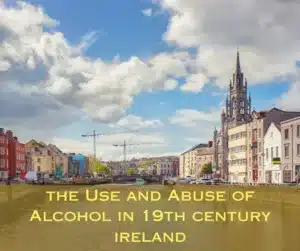
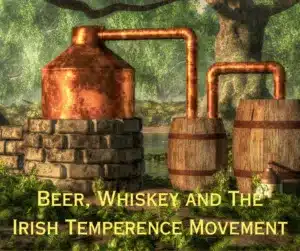




Only Plus Members can comment - Join Now
If you already have an account sign in here.